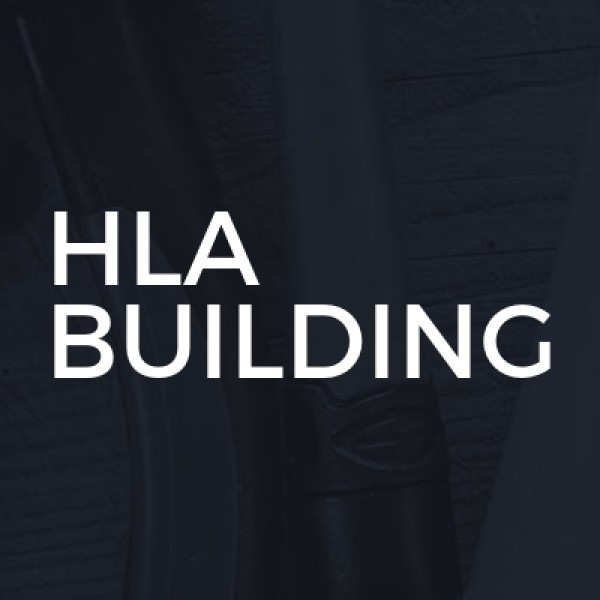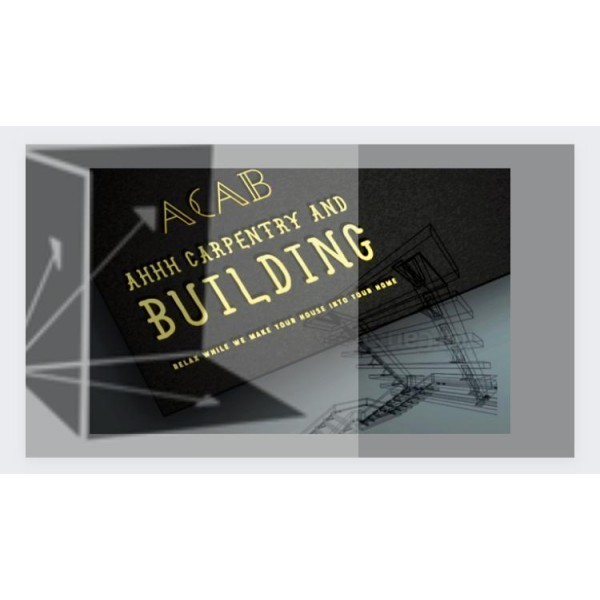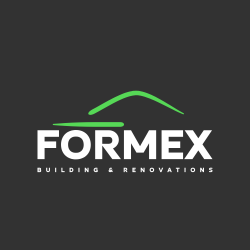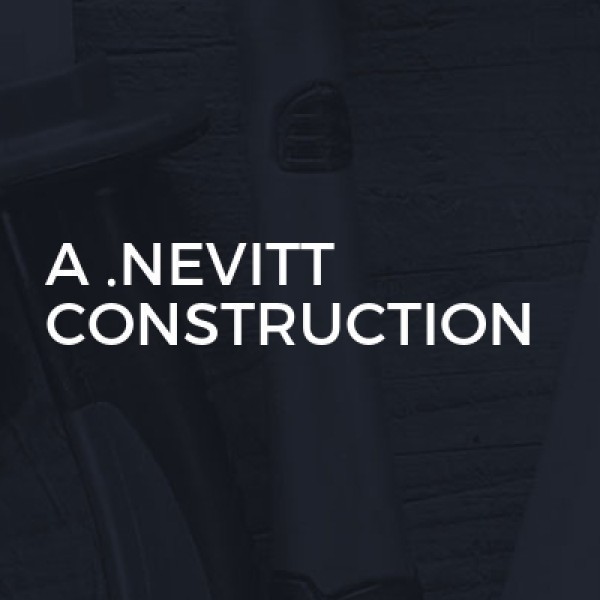Loft Conversions in Launceston
Filter your search
Post your job FREE and let trades come to you
Save time by filling out our simple job post form today and your job will be sent to trades in your area so you can sit back, relax and wait for available trades to contact you.
Post your job FREESearch Loft Conversions in places nearby
Understanding Loft Conversions in Launceston
Loft conversions in Launceston have become a popular choice for homeowners looking to maximise their living space without the hassle of moving. This charming town in Cornwall offers unique opportunities for transforming unused attic spaces into functional and stylish rooms. Whether you're considering a new bedroom, office, or playroom, a loft conversion can add significant value to your home. Let's explore the ins and outs of loft conversions in Launceston, ensuring you have all the information needed to make an informed decision.
Why Choose a Loft Conversion?
Loft conversions are an excellent way to increase your home's living space without encroaching on your garden or outdoor areas. In Launceston, where property prices can be steep, converting an attic is often more cost-effective than purchasing a larger home. Additionally, loft conversions can significantly boost your property's value, making it a wise investment for the future.
Cost-Effectiveness
One of the primary reasons homeowners opt for loft conversions is the cost-effectiveness compared to other home extension methods. While the initial investment may seem substantial, the long-term benefits, including increased property value and enhanced living space, often outweigh the costs.
Increased Property Value
A well-executed loft conversion can increase your property's value by up to 20%. This makes it an attractive option for those looking to sell in the future. Potential buyers often see the additional space as a significant advantage, particularly in areas like Launceston, where space is at a premium.
Types of Loft Conversions
There are several types of loft conversions to consider, each with its own set of benefits and considerations. The choice largely depends on your budget, the existing structure of your home, and your personal preferences.
Dormer Loft Conversion
A dormer loft conversion is one of the most popular options, providing additional headroom and floor space. It involves extending the existing roof to create a box-like structure, which can be tailored to suit your needs. This type of conversion is ideal for creating large, open-plan spaces.
Mansard Loft Conversion
Mansard conversions are typically more expensive but offer a significant amount of additional space. This type involves altering the roof structure to create a flat roof with a slight slope, maximising the usable area. Mansard conversions are often chosen for their aesthetic appeal and ability to blend seamlessly with the existing architecture.
Hip to Gable Loft Conversion
If your home has a hipped roof, a hip to gable conversion can provide a substantial increase in space. This involves extending the sloping side of the roof to create a vertical wall, effectively enlarging the loft area. This type of conversion is particularly popular in semi-detached and detached homes.
Velux Loft Conversion
Velux conversions are the most cost-effective and least disruptive option, as they don't require significant structural changes. Instead, they involve installing Velux windows to bring natural light into the attic space. This type of conversion is ideal for those on a tighter budget or with limited space.
Planning Permission and Building Regulations
Before embarking on a loft conversion in Launceston, it's crucial to understand the planning permission and building regulations involved. While some conversions fall under permitted development rights, others may require formal approval.
Permitted Development Rights
Many loft conversions can be completed under permitted development rights, meaning you won't need to apply for planning permission. However, there are specific criteria your project must meet, such as not exceeding a certain height or altering the roofline significantly.
When Planning Permission is Required
If your conversion doesn't meet the criteria for permitted development, you'll need to apply for planning permission. This is often the case for mansard conversions or if your property is in a conservation area. It's essential to consult with your local planning authority to ensure compliance.
Building Regulations
Regardless of whether planning permission is required, all loft conversions must comply with building regulations. These regulations ensure the safety and structural integrity of the conversion, covering aspects such as fire safety, insulation, and access. Hiring a qualified architect or builder can help navigate these requirements.
Choosing the Right Professionals
Selecting the right professionals is crucial to the success of your loft conversion. From architects to builders, each plays a vital role in bringing your vision to life.
Architects
An experienced architect can help design a conversion that maximises space while adhering to planning and building regulations. They can also provide valuable insights into the best layout and materials for your project.
Builders
Choosing a reputable builder is essential for ensuring the quality and durability of your conversion. Look for builders with experience in loft conversions and check references or reviews from previous clients.
Project Managers
Hiring a project manager can streamline the conversion process, coordinating between different professionals and ensuring the project stays on schedule and within budget. This can be particularly beneficial for larger or more complex conversions.
Designing Your Loft Space
Designing your loft space is an exciting part of the conversion process. Whether you're creating a new bedroom, office, or playroom, thoughtful design can enhance both functionality and aesthetics.
Maximising Natural Light
Natural light can transform a loft space, making it feel larger and more inviting. Consider installing large windows or skylights to flood the area with light. Mirrors and light-coloured walls can also help reflect light and create a sense of openness.
Optimising Space
Loft spaces often have unique shapes and angles, which can be challenging to work with. Custom-built furniture and clever storage solutions can help make the most of every inch, ensuring the space is both practical and stylish.
Choosing the Right Colour Scheme
The right colour scheme can have a significant impact on the feel of your loft space. Light, neutral colours can make the area feel larger and more airy, while bold accents can add personality and interest.
Cost Considerations
Understanding the costs involved in a loft conversion is essential for budgeting and planning. Several factors can influence the overall cost, from the type of conversion to the materials used.
Factors Affecting Cost
The cost of a loft conversion can vary widely depending on several factors, including the size and complexity of the project, the type of conversion, and the materials used. Labour costs and any additional features, such as en-suite bathrooms or custom furniture, can also impact the total cost.
Budgeting Tips
To keep costs under control, it's essential to set a realistic budget and stick to it. Obtain quotes from multiple builders and architects, and factor in a contingency fund for unexpected expenses. Prioritising essential features and being flexible with non-essential elements can also help manage costs.
Frequently Asked Questions
What is the average cost of a loft conversion in Launceston?
The cost of a loft conversion in Launceston can vary depending on the type and size of the conversion. On average, you can expect to pay between £20,000 and £50,000.
Do I need planning permission for a loft conversion?
Many loft conversions fall under permitted development rights, meaning planning permission isn't required. However, if your conversion doesn't meet these criteria, you'll need to apply for planning permission.
How long does a loft conversion take?
The duration of a loft conversion can vary depending on the complexity of the project. On average, most conversions take between 6 to 12 weeks to complete.
Can all lofts be converted?
Not all lofts are suitable for conversion. Factors such as head height, roof structure, and access can impact the feasibility of a conversion. A professional assessment can help determine if your loft is suitable.
Will a loft conversion add value to my home?
Yes, a well-executed loft conversion can increase your home's value by up to 20%, making it a worthwhile investment.
What are the building regulations for loft conversions?
Building regulations for loft conversions cover aspects such as fire safety, insulation, and structural integrity. Compliance is essential to ensure the safety and legality of your conversion.
Final Thoughts on Loft Conversions in Launceston
Loft conversions in Launceston offer a fantastic opportunity to enhance your living space and add value to your home. By understanding the different types of conversions, planning requirements, and design considerations, you can create a beautiful and functional space that meets your needs. With the right professionals and careful planning, your loft conversion can be a seamless and rewarding experience.


















